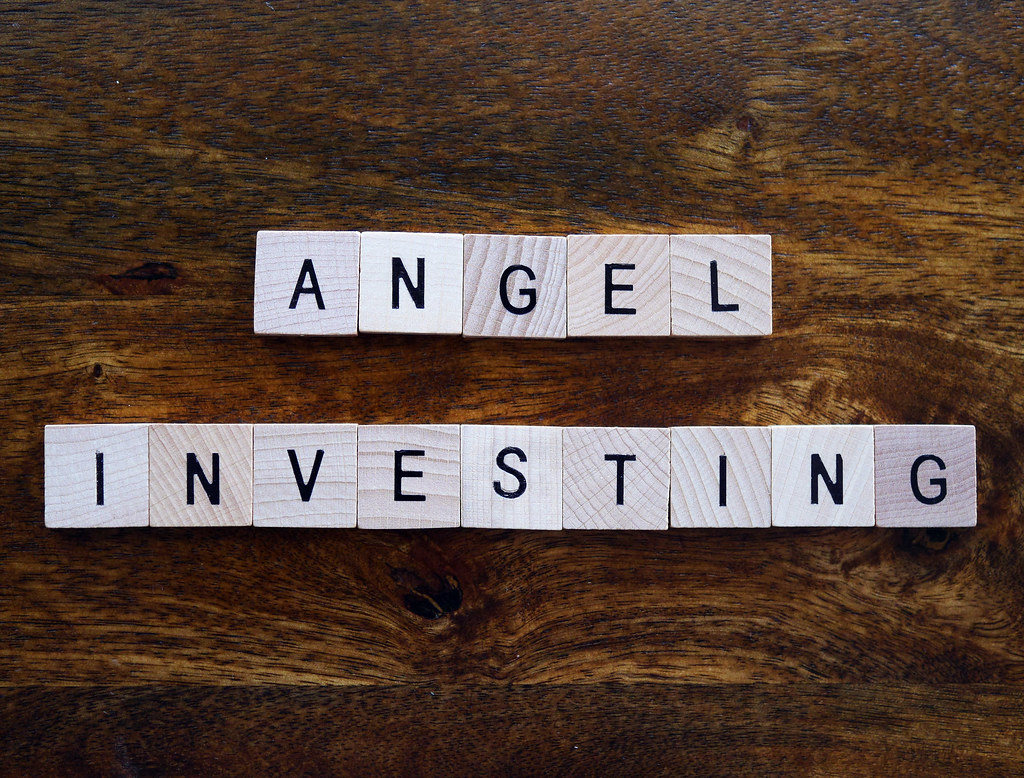tl;dr – Joining an accelerator can be a great idea for your startup if you feel like you need help with 1) connections to investors, mentors, & partners, 2) filling knowledge gaps through programming and mentors that understand your business and industry, and 3) signaling to the outside world that your startup is legit. When deciding on which accelerator to choose you should think about 1) Profile Fit, 2) Capital, 3) Costs, 4) Signaling, 5) Network, 6) Knowledge, and 7) Other Benefits.
It was Startup Week in Austin last week and one of the great events I attended was a Reverse Pitch organized by Galvanize. During the event, different accelerators would pitch their accelerator and why founders should join their group. The pitches ranged from playing it straight to comedic to even melodic (it is Austin after all). After the event I thought about the founders who seek guidance on 1) whether to join an accelerator and if so 2) how to decide which one to join. This blog post is for them.
How to Decide if Your Company Should Join an Accelerator
Let’s start with a quote from a founder:
“Accelerators are like graduate school. You don’t ‘need’ to participate one to be a successful business/organization just like you don’t ‘need’ business school to have a successful career.”
The consensus I’ve heard from founders and others in the startup ecosystem is that joining an accelerator is not mandatory if you wish to run a successful company. But if you do join one it should be quality and fit the needs of your company without killing your cap table. Let’s look at 7 ways founders can evaluate an accelerator and if they should join.
Profile Fit
Before you decide to apply to an accelerator you should review your company and your team and see if it is a fit for that accelerator. Generally, your company should be one looking for high growth and a potential exit within the foreseeable future. Accelerators are a pathway to outside (typically venture capital) investment where investors historically have sought high growth companies. If your company does not want to go down that path then joining an accelerator probably is not a good idea. Further, when evaluating accelerators founders need to review the characteristics and criteria of those accelerators to again determine fit
For instance, Founder Institute seeks to work with companies in the ideation stage and help them gain traction and seed funding. If your company has been around for three years and is pulling in revenue from customers then Founder Institute would not make sense for you company.
Similarly, if I ran a SaaS company and was the only shareholder and I decided I wanted to join a women- only accelerator or a hardware focused accelerator I shouldn’t be surprised when my applications are rejected. This is common sense but there are stories of founders (which are shared in the ecosystem) who make these mistakes. It’s akin to sending a form email to John and forgetting to change “Dear Simon” to “Dear John”. A bad look.
In short when you apply to an accelerator you should be a high growth company and find a fit with regards to stage and industry/technology focus. Also, it’d be nice to like (or at the very least not detest) the people at the accelerator as they will be on your cap table for a while.
Capital ($$$)
Accelerators differ in terms of how much money they can invest upfront and how much they can put in for future financings. Accelerators also commonly have connections with investors as they are incentivized to help founders raise capital. Founders should tease out these details when doing their due diligence on the accelerator.
Some accelerators offer no up-front cash but provide services and support (to be discussed in Part 2) while others (e.g. Quake Capital) put in over $200K. Oftentimes those investments are either or a combination of convertible notes, SAFEs (pre and post-money), and equity. Occasionally you run into equity free cash grants like those offered by MassChallenge (full disclosure — where I’m an expert). MassChallenge offers its companies the opportunity to up to $500k in cash.
More importantly, a founder should look at the funding path of companies that have graduated from an accelerator. Were they able to raise their next round? The round after that? And a tougher question — was the accelerator a catalyst for such a raise or did it hinder and harm the company from completing a successful raise. With some homework a founder can find correlations in the data but causation is a different story.
Costs
The costs a founder should consider when joining an accelerator are 1) cap table management and dilution, 2) actual cash paid, and 3) time.
Equity
Some accelerators like DivInc. (full disclosure — where I’m a mentor) do not ask for any equity in their portfolio companies and operate more like a nonprofit. Other accelerators are investment shops operating through a corporation or are a smaller VC. Those accelerators will ask for equity ranging from 1–6% on a fully diluted basis. Founders will have to take that dilution.
Further, such equity grants are often tagged with anti-dilution rights prior to a substantial equity financing so if you were to dilute Capital Factory below its standard 1% then the Company would have to top Capital Factory back up to 1%. Additionally, the equity grants can have pro rata rights where the investor has a right (not obligation) to invest up to X amount in an equity financing. If a founder likes the accelerator as an investor then this may not be an issue but if there are hard feelings then a founder may wish that pro rata share went to another investor.
Fees
Some accelerators charge fees for the startups that either apply or join the accelerator. If the application fees simply cover the cost of processing the applications then that is not an issue in my view. The accelerators need to be able to cover overhead and they receive so many applications that they need to cover their costs.
However, if the application fees are a source of profit for the accelerator then RUN. That sends a strong signal that the accelerator cares more about profiting off a company’s hopes rather than finding the right companies for its portfolios. I have similar feelings about “accelerators” who charge rent or program fees for the companies in their portfolio. As a founder I’d question whether these companies are truly accelerators or just for-profit education/real estate companies portraying themselves as accelerators. Look at their graduates and ask them what they thought of that “accelerator”. It’s fine if they are for-profit education and/or real estate companies but they should portray themselves as such.
Finally, accelerators may ask you to convert to a DE Corporation if you aren’t one already and may ask for other changes that can add costs to your company.
Time
Time is your most valuable resource as a founder. Different accelerators have different time and travel commitments for founders. Techstars asks its participants to move to the city of their program and dive deep into the programming. Tech Wildcatters in the Dallas-Fort Worth area requires its participants to attend certain events in person but does not ask them to move to the DFW area. Finally, Capital Factory does not have a requirement that you attend anything but does suggest you make the most of its programming and network.
Part-time founders (who need their other job to pay bills), founders who are in the middle of a giant project and feel like they can’t get away or spend time with “fluff”, or founders who can’t move (e.g. you have a child in school) should consider these requirements when determining if an accelerator makes sense for their company at any given time.
Personally, I could not handle the stress of running a company and leaving my kids with my wife while I immersed myself in a 12-week program away from home. However, there are others who either don’t have such commitments or can handle it. When evaluating whether to join a program a founder should be honest with themselves about whether they can fulfill the commitment.
Part 2 Preview
I’m going to discuss the signaling affects (positive and negative) of an accelerator, the power of network, knowledge from programming, other benefits from accelerators, and finally summarize how to evaluate it all.




